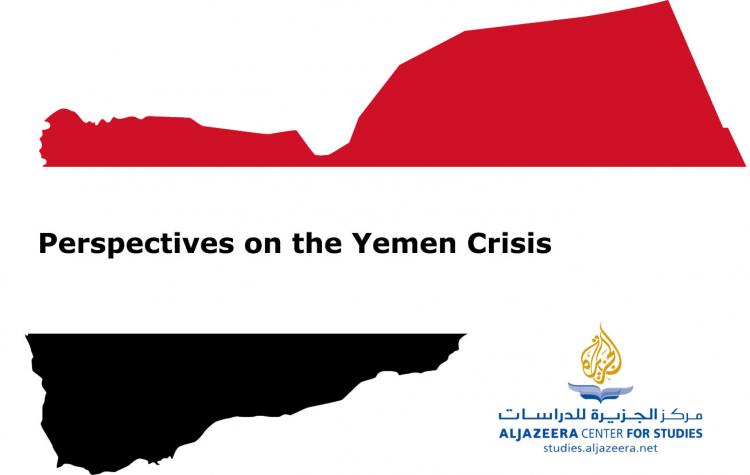
The situation in Yemen had been speedily deteriorating for several months when the national dialogue reached a dead end and the Houthis nullified its achievements and outcomes. The political process turned into an armed conflict in which the Houthis, backed by former President Ali Abdullah Saleh and Iran, were able to destroy the capital and take control of the majority of the state’s civil and military facilities. With the government’s weakness and the inability of the political community to remain in power in the face of this movement, the Houthis were able to expand south until they reached the edge of Aden where President Hadi had taken refuge after fleeing from their grip and seeking to restore his legitimacy as the country’s elected president.
In addition to humanitarian costs and the threats to the cohesion of Yemeni society resulting from the Houthi expansion and overthrow of President Hadi and his government, there is a threat to the region’s security and stability particularly in light of other conflicts in both Syria and Iraq. Hence, regional action came in the form of a military coalition led by Saudi Arabia under tha name “Decisive Storm”.
This session seeks to explore the Yemeni crisis with its local and regional dimensions through the following questions:
- Why did political initiatives fail in Yemen and why did national dialogue turn into armed conflict?
- How should we interpret the roles and exigencies of the different domestic and regional players in the Yemeni crisis?
- How can “Decisive Storm” achieve its objectives on the ground and politically while maintaining the unity of the coalition and Yemeni society?
- How can the humanitarian consequences of the conflict in Yemen be alleviated and the civilians be protected?
- What are the prospects for a political solution and what are its conditions according to a new domestic and regional balance?
- To what extent can the “Decisive Storm” coalition be a model for addressing other conflicts in the region?
Speakers:
- Dhafer Al Ajmi, Executive Director of the Gulf Monitoring Group
- Najla Alomari, Political activist
- Abdul Baqi Shamsan, Professor of Political Sociology
- Abdulaziz Saqer, Chairman of the Gulf Centre for Research.
- Mohammed Al-Mosfer, Professor of Political Science

